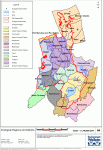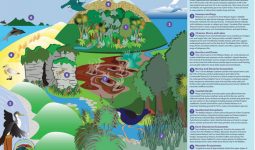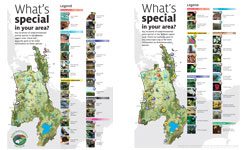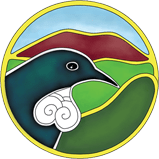Resources
Restoring Waikato’s Indigenous Biodiversity
This document is a project of the Waikato Biodiversity Forum. At the first Forum meeting in May 2002 one of the major recommendations was for the Forum to develop a biodiversity restoration ‘opportunities’ document to provide a framework for identifying key priorities for biodiversity restoration across the Waikato Region.
The priorities and actions highlighted in this document are viewed as the ultimate collaboration of Forum members.
The purpose of this document is to:
- raise awareness of the need to restore rare and depleted indigenous ecosystems across the Waikato Region.
- support and empower communities to undertake ecosystem
restoration and contribute to biodiversity protection and enhancement in the Region. - guide local groups and management agencies who want to prioritise restoration activities and projects across the Region.
- provide an overall context for the many restoration projects already completed or underway and for new restoration projects that may be undertaken in the future.
- provide options for securing a better representation of all ecosystem types across the region.
How to use this document
This document highlights priorities and actions for restoring depleted ecosystems across the Waikato region. It also identifies ecosystems that are in most need of restoration. More importantly, it provides a context of indigenous ecosystem restoration in the Waikato, so that people who want to be involved in restoration projects can see where they fit into the bigger picture.
This document can be used alongside organisational plans (such as iwi management and local authority plans) to help organisations in their ecological restoration work.
The focus is on the ecological perspective, but it is written with the understanding that cultural and community goals and aspirations are a vital part of restoration work.
Additional Waikato Resources
Indigenous Ecosystems of the Waikato
This information details the 9 major ecosystems of the Waikato region. The information contains descriptions of ecosystems and examples of the plant and animal species that are found in them. See the Restoration report for more information.
Ecological Restoration in the Waikato-Planting Guides
Planting lists specific to the Waikato region to help with your ecological restoration project. The restoration could involve the reintroduction of native fauna and flora, and the eradication or control of pests.
Predator Free 2050 - A Practical Guide to Trapping
Resources for Teachers
Find here a collection of educational resources, links, information and opportunities. Please contact us if you would like to add a link form your organisation.
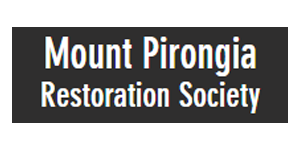
Te Kauri
Waikuku Trust
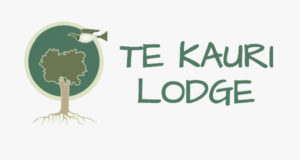
Te Kauri-Waikuku Lodge
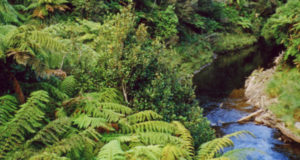
Pukemokemoke
Reserve
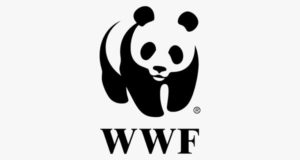
WWF
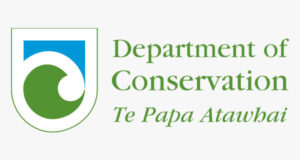
DoC
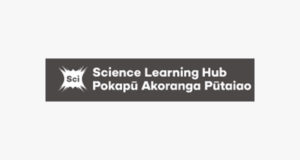
Science Learning Hub
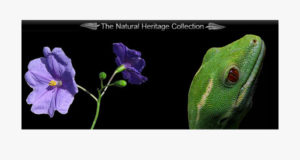
Natural Heritage Collection
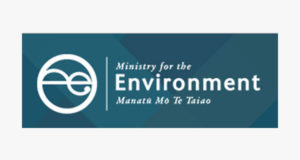
Ministry for the Environment environmental
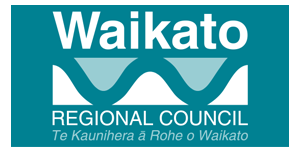
WRC’s Education
Join the Forum
Any individual, community group or organisation interested and committed to protecting and restoring biodiversity can be a member of the Forum. It is free to join. You will get an invite to Forum events and receive information on biodiversity workshops, useful biodiversity information, access to other members for sharing knowledge and ideas and help with restoration projects. So contact us and become a member for no cost.

